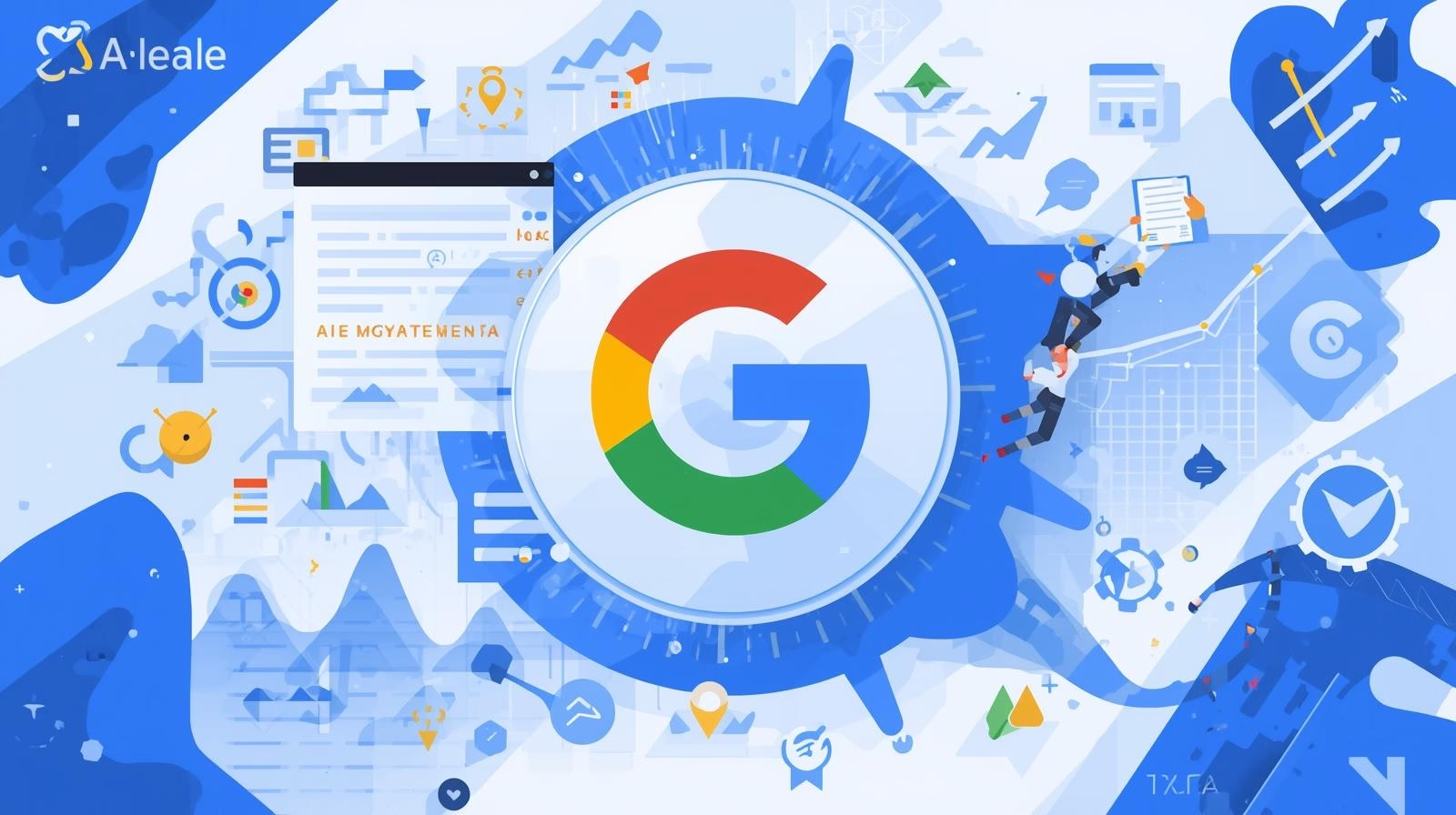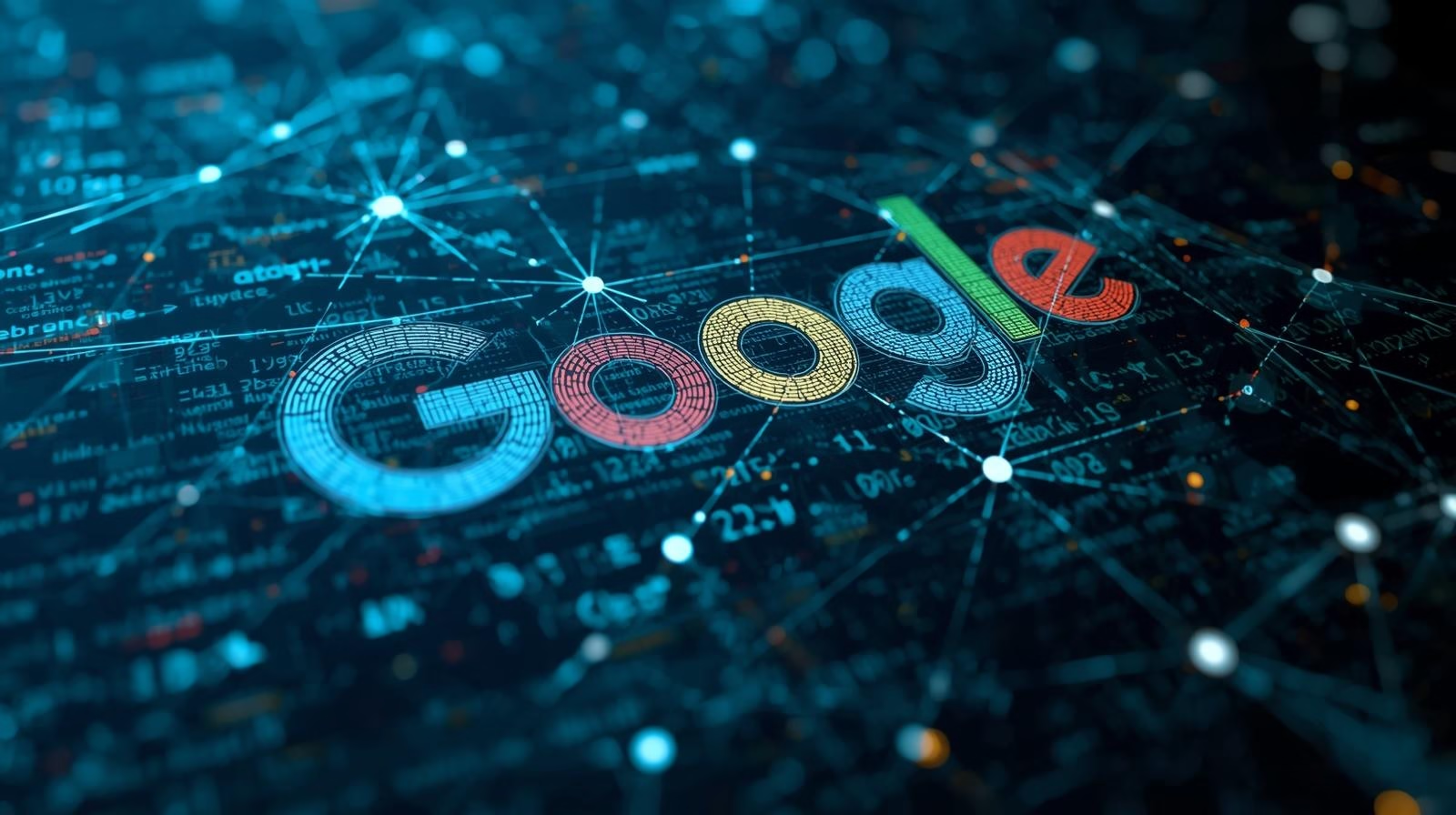Imagine you search for something say “benefits of intermittent fasting” and instead of a string of blue links and short meta descriptions, you see a concise, AI-crafted paragraph summarizing the best insights from across the web. That’s what’s starting to happen: Google is testing AI-generated descriptions for search snippets. In this article, we’ll dig deep into what’s going on, why it matters for users and content creators, the risks and opportunities, and what this could mean for the future of search.
We’ll explore how Google’s tests work, how these AI-summaries relate to Google’s existing “AI Overviews,” why publishers are concerned, how SEO strategies might shift, and how to prepare for this evolving landscape.
What Are AI-Generated Snippets in Search?
H2: Understanding Google’s Experimental AI Snippet Summaries
Recently, observers noticed that Google is testing AI-generated search snippet summaries that appear under individual search results. Search Engine Roundtable+1
These are additional lines of text, powered by Google’s Gemini AI models, inserted beneath a standard result.
They often include a small Gemini icon or indicator to show that the summary is AI-generated. Search Engine Roundtable
The goal is to give users a clearer, condensed understanding of what the page is about, not just the classic meta description or first paragraph.
In effect, Google is layering an AI interpretation of a page’s content directly in the search results.
How This Relates to AI Overviews & Search Generative Experience
This snippet experiment ties into Google’s broader generative AI ambitions, especially AI Overviews (formerly part of the Search Generative Experience, or SGE). blog.google+3CMSWire.com+3Google Help+3
AI Overviews are summaries at the top of the entire search results page that synthesize information across multiple sources. Google Help+2CMSWire.com+2
The new AI snippet summaries aren’t about summarizing the whole query they aim to take individual page links and add an AI-crafted mini summary for each result.
This is somewhat analogous to how Bing or other platforms sometimes generate “caption” snippets but Google’s version is deeper, intended to interpret the content in context. Search Engine Roundtable
So while AI Overviews give you the “big picture,” AI snippet summaries aim to boost clarity and trust at the level of each result.
Why Is Google Doing This?
Goals Behind AI-Generated Snippets
Google has multiple motivations:
Improve user experience
Users often skim snippets to decide whether to click. A smart summary may help them better decide which link is most relevant saving time.
It could reduce misclicks or “bounce back” where users go back because the page wasn’t what they hoped.
Enhance understanding and relevance
AI can pick up contextual cues and subtle meanings better than rigid meta descriptions.
It may help surface content that is genuinely relevant but poorly described by the publisher’s meta tags.
Differentiate Google in an AI era
As generative AI becomes more prominent, Google is betting on being the go-to search interface that integrates AI interpretation not just indexing.
This experiment helps Google test which blend of human-written content plus AI summarization works best.
Control over snippet quality and misinformation
By generating snippets itself, Google can try to avoid low-quality or misleading metadata.
But this also gives Google more control over how pages are represented (for better or worse).
Challenges & Trade-offs
However, this approach isn’t free of pitfalls:
Accuracy and hallucinations
AI summaries might misstate or oversimplify content. Google has already had to iron out errors in its AI Overviews. AP News+1Loss of click traffic
If users digest content directly in search, they may not click through to the actual site potentially hurting publishers. The Guardian+2CMSWire.com+2Perceived bias or unfair representation
Which version of the content does the AI choose to highlight? Could it favor certain sources?Transparency and trust
Users may question whether AI snippets are fair, accurate, or manipulative.Scaling across languages and regions
The method that works well in English may struggle in other languages or for niche subjects.
Reactions from Publishers, SEO, and Users
Publisher Concerns & Legal Pushback
Publishers and media companies are watching closely and in many cases, nervously.
Many fear declining traffic. If AI snippets or Overviews fulfill the user’s need, fewer people click through to the publisher’s site. The Guardian+1
Some have argued that Google is “repurposing” content without proper compensation or attribution.
In fact, Penske Media (which owns Rolling Stone, Variety, etc.) recently filed a lawsuit against Google over AI Overviews. The Times of India
The issue has also drawn regulatory interest. Some EU publishers have lodged antitrust complaints, accusing Google of unfairly disadvantaging news publishers. New York Post
Publishers are calling for greater transparency, opt-out options, or revenue-sharing models.
SEO Strategy Shifts
For SEO and content creators, AI snippet testing signals that “snippet optimization” may evolve. Here’s how:
Better structured content
Use clear headings, summaries, and logical flow so AI can correctly interpret your pages.Strong metadata + context
Good meta titles and descriptions still matter, especially if AI falls back to them.Focus on authority and E-E-A-T
Since AI may weigh source credibility, building reputation and signal strength becomes vital.Segmented content and micro-summaries
Breaking long articles into definable chunks makes it easier for AI summarizers to extract relevant pieces.Monitor click patterns
Watch whether certain queries lose traffic; adapt content that is frequently “skimmed” vs clicked.
User Experience Benefits and Skepticism
Users may enjoy:
Faster, more digestible answers.
Better snippet relevancy.
A smoother search experience overall.
But there’s skepticism:
Will AI summaries mislead or oversell content?
Will users trust AI over the original source?
Users may prefer full control some may find AI curation intrusive.
Google does include warnings: AI Overviews, for instance, carry disclaimers that they “may include mistakes.” Google Help+1
How the Testing Works & What We Know
Early Observations & Experiments
From the signals available:
Testers have spotted Gemini icons next to these new AI snippet summaries. Search Engine Roundtable
The summaries appear under individual search results, not replacing the result entirely just augmenting it. Search Engine Roundtable+1
Google may limit this test to a subset of queries or users to gauge accuracy, engagement, and potential harm. Google Help
These experiments are part of Google’s broader “Search Labs / AI Overviews and more” program for feature testing. Google Help+1
Signs from Google’s Own Documentation
Google’s support pages say AI Overviews may appear when the system judges generative AI will be especially useful for a query. Google Help
The “AI Overviews and more” experiment is active for users who opt in via Search Labs, helping Google test features like AI-generated content in more searches. Google Help
Google is explicit that these AI responses are not perfect and may contain errors. Google Help
So, this testing is cautious, incremental, and still evolving.
Risks, Ethical Questions & Best Practices
Misinformation & Misrepresentation
One big danger: AI summarization is prone to hallucination fabricating details or misinterpreting context. This risk is magnified when summarizing complex or technical pages.
In domains like health or finance, small errors can mislead readers dangerously. A research paper on snippet reliability in health search showed that 28% of snippets failed to reflect the document’s viewpoint and many were misinterpreted by users. arXiv
Fairness, Bias & Source Preference
Which sources does the AI favor?
Will established media or large domains get “nicer” summaries?
Might smaller or niche sites be misrepresented or ignored?
Bias in training data could creep in, especially in controversial or subjective topics.
Transparency & Consent
Should publishers have a say in how their content is summarized?
Should there be an opt-out mechanism?
Should AI snippets always clearly label themselves as AI-generated?
Should Google share how it crafts summaries (which sentences were picked, what weighting was used)?
Google has already started labeling AI content in images and other media to boost transparency. Search Engine Journal+2Entrepreneur+2
Best Practices for Page Authors
To stay on firm footing:
Write clear, unambiguous content with strong structure (headings, summaries).
Avoid vague claims or overstatements AI may latch onto those and distort them.
Use metadata (title, description) that reflect true page content.
Monitor analytics: track for “zero-click” search queries and sudden drops.
Engage users deeper: include interactive or multimedia elements that go beyond plain text.
What This Could Mean Going Forward
A Shift in Search Behavior
More “zero-click” outcomes: the information may be delivered wholly inside the search page.
The value of content might shift from attracting clicks to being recognized by AI summarizers.
Readers may trust search snippets more than external sites (for better or worse).
New Metrics, New KPIs
Marketers and content creators may need to rethink success metrics:
Impressions and “snippet inclusion” might matter more than rank #1.
Engagement within search (like time hovering over snippets, feedback) may tell more than outbound clicks.
“Citation rate” how often an AI snippet references your page could become a new metric of authority.
Coexistence of Human & AI Content
I don’t expect AI snippets to fully replace traditional content anytime soon. People still value nuance, tone, visuals, deep dives, and unique voices. But AI augmentation of search snippets is likely to accelerate.
Google may continue refining the balance:
Use AI snippets when helpful, fall back to human-written meta descriptions when not.
Let users toggle between “AI summary” vs “original snippet.”
Provide publishers with feedback on snippet quality, errors, and improvement guidance.
Conclusion
Google’s experiment with AI-generated descriptions for search snippets is more than a small tweak it hints at a fundamental shift in how search information is surfaced and consumed. For users, it may mean quicker, more digestible insights. For publishers and content creators, it poses both challenges (potential traffic loss) and opportunities (being recognized as quality content).
Key takeaways:
Google is layering AI summaries underneath individual search results (not just at the top).
The initiative ties into Google’s broader AI Overviews and generative search goals.
Accuracy, transparency, and fair representation are critical concerns.
SEO will need to adapt: structure, clarity, authority, and monitoring will be more vital than ever.
What do you think? If you’re a creator are you worried or excited about AI snippet summaries? Share your thoughts, ask questions, or pass this along to colleagues who might benefit. Let’s keep the conversation going.
FAQ
Q1: What exactly does “AI-generated snippet summary” mean in Google search?
An AI-generated snippet summary is a short, machine-created sentence or two placed beneath a search result link. It’s made by Google’s AI (Gemini), intended to condense what the page contains and guide users more clearly than typical meta descriptions or auto-excerpts.
Q2: How does this differ from Google’s AI Overviews?
AI Overviews appear at the top of the search results page and summarize a query across many sources. The snippet summaries, in contrast, are per individual result links mini interpretations of each page. They complement, not replace, the holistic AI Overview.
Q3: Will publishers lose traffic because of AI snippets?
Possibly. If users get what they need from the snippet without clicking through, that reduces page visits. This has already been a concern with AI Overviews. The impact will depend on how often snippets satisfy user intent entirely.
Q4: Can site owners opt out of having AI summaries generated from their content?
Currently there is no public opt-out mechanism specifically for AI snippet summaries. Many publishers are advocating for transparency and choice. As Google rolls out these features, they may introduce control settings or publisher feedback channels.
Q5: How should I optimize pages knowing AI snippet summaries may appear?
Focus on clarity, structure, and authoritative content:
Use clear headings, summary sections, and concise language
Include metadata that aligns with the main content
Avoid vagueness or ambiguous phrasing
Build your site’s credibility and signals (E-E-A-T, backlinks, user engagement)
Monitor analytics to see if snippet inclusion correlates with traffic changes



